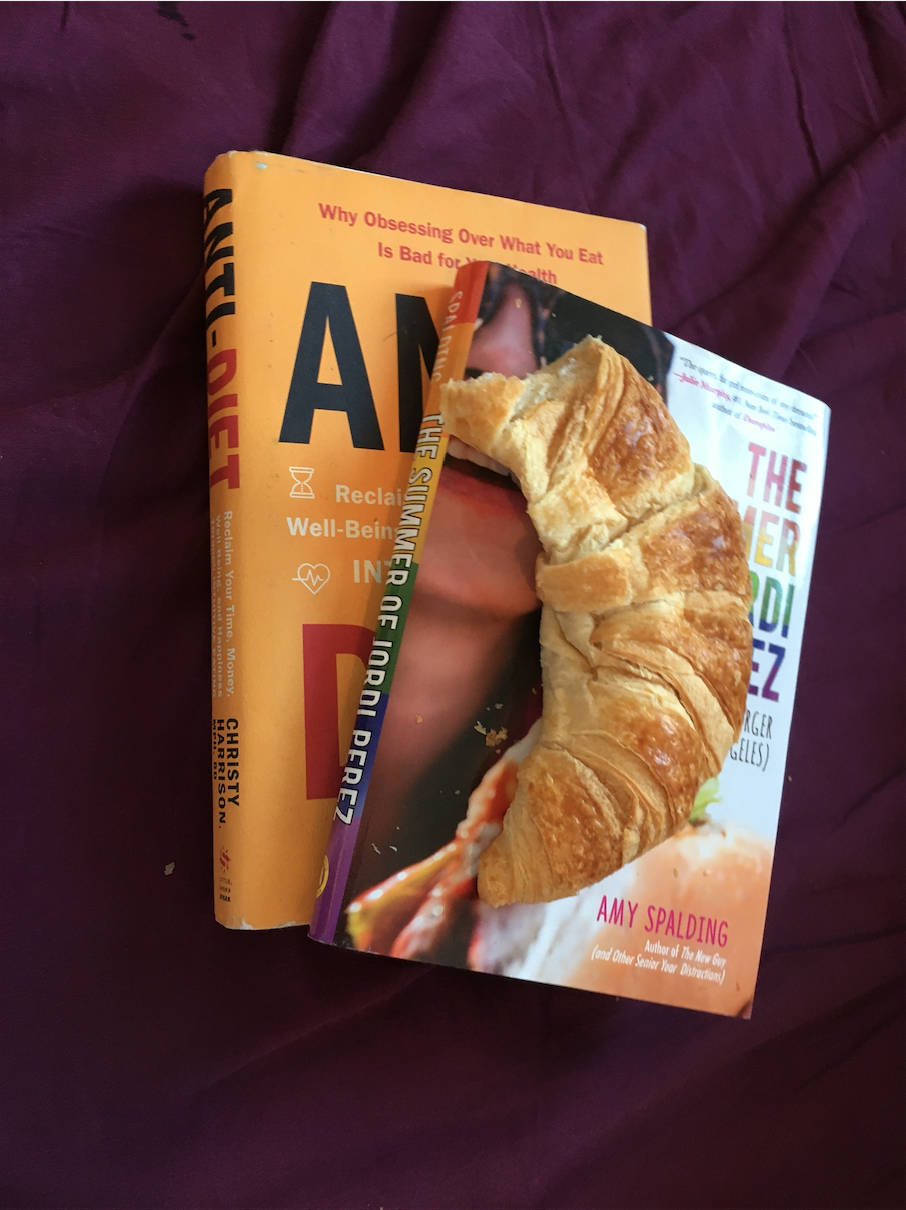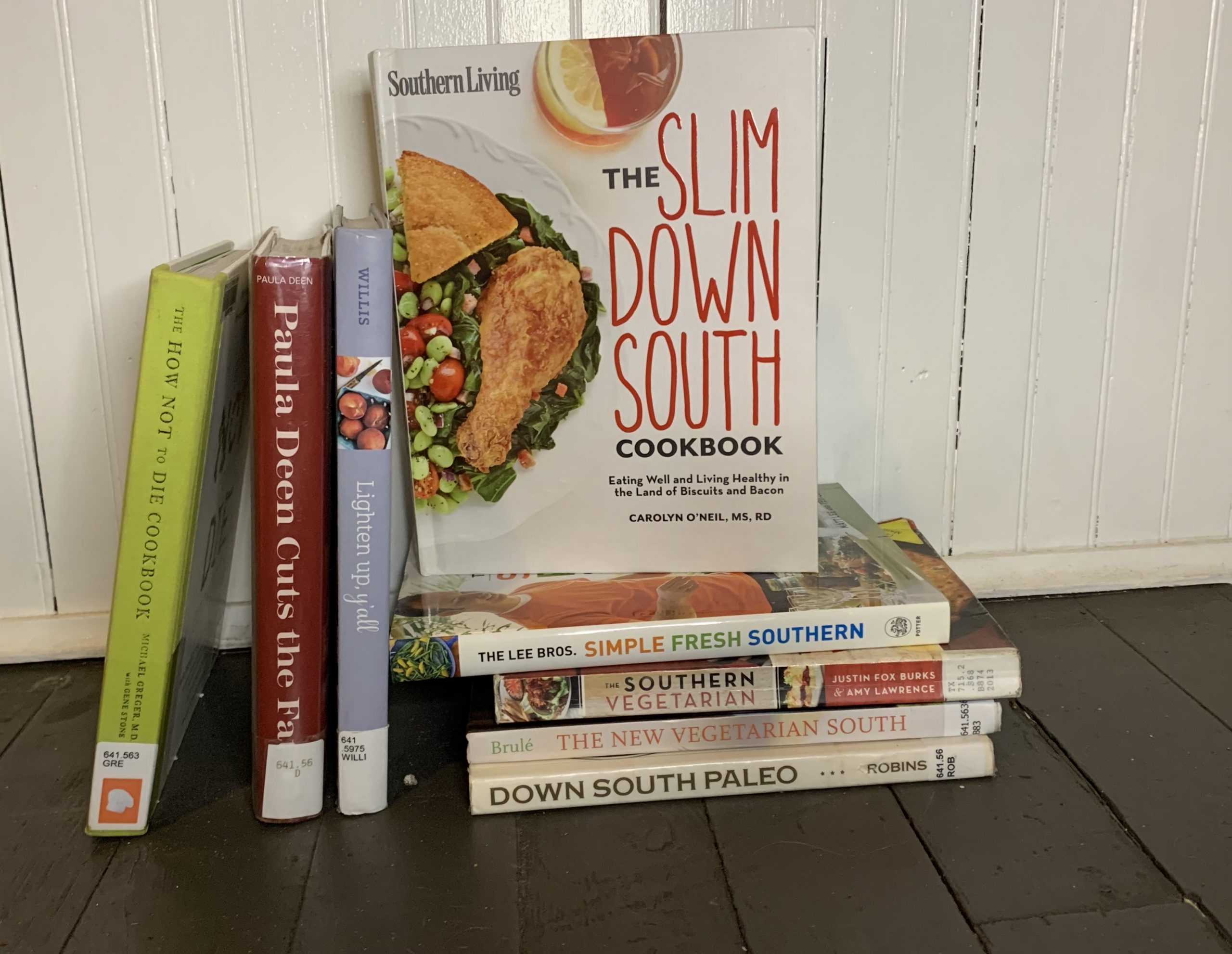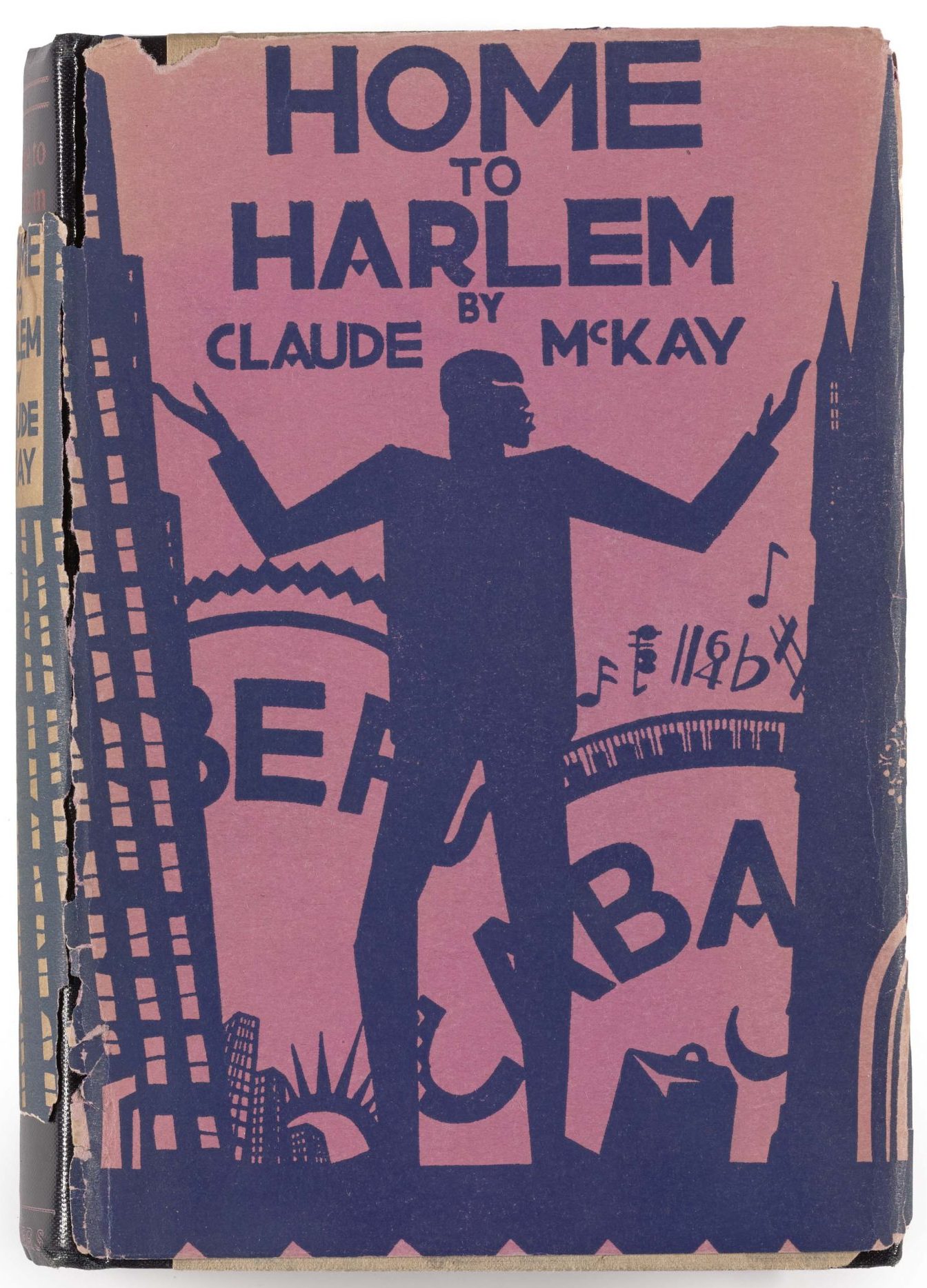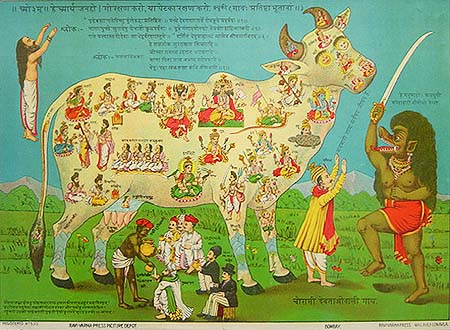Appalachian Food: From Denigration to Veneration
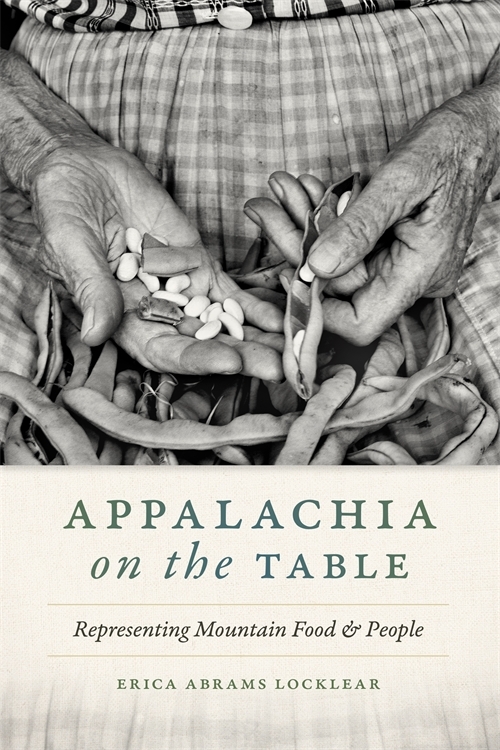
Like today, in the 1940s and 50s plenty of people in Appalachia—a mountainous region in the eastern United States—enjoyed eating ramps, a pungent wild onion that reaches its prime in April. But that consumption meant something very different in 1950 than it does in 2023. In the mid-twentieth century, foraging for the first wild greens of the season was a sensible, healthy thing to do, even if it meant you smelled like ramps for several days. Yet that lingering scent indicated a lower-class status, since it implied an inability to access and purchase fresh vegetables. Conversely, in 2023, eating ramps signals insider foodie status: they are the height of trendy eating for many Americans, Appalachian or not. This April, University…
